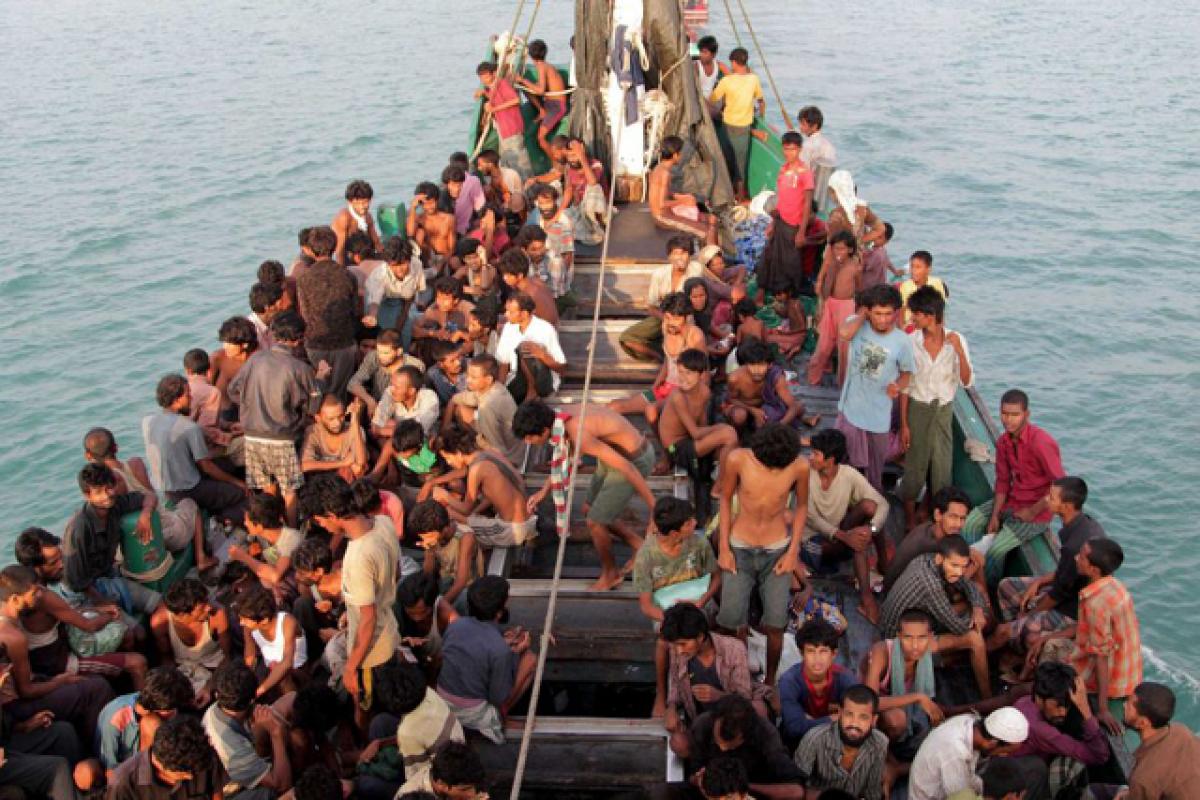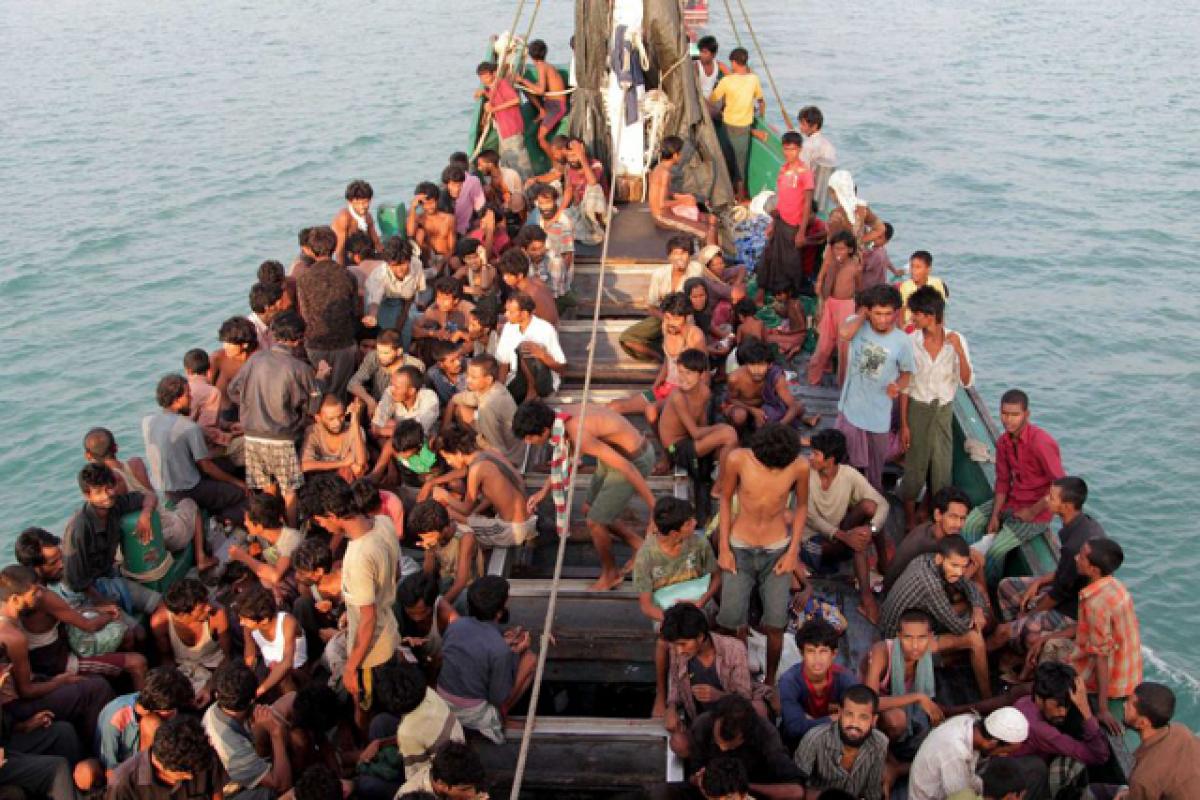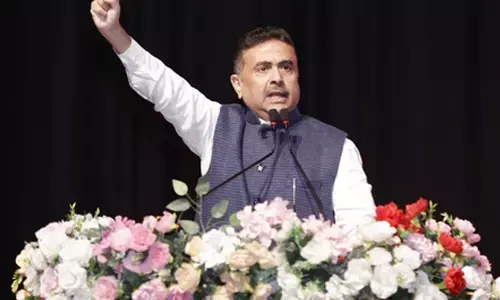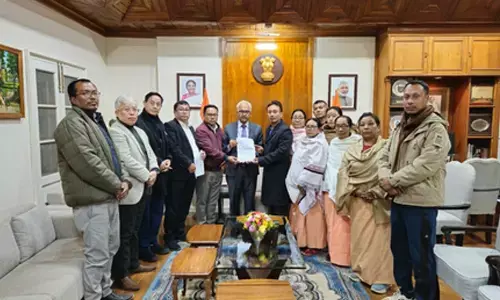Desperation of boat people

Desperation of boat people. The plight of the Rohingya is a test for Asia\'s humanitarian instinct Packed like sardines, starving, sick and desperate, thousands of people are currently adrift in the waters of the Indian Ocean.
Despite the political change in Myanmar and its move towards democracy, the present-day government of Myanmar refuses to address the issue of the rights of the Rohingyas. Most disappointing in this context has been the silence of Nobel Peace Prize winner Aung San Suu Kyi
The plight of the Rohingya is a test for Asia's humanitarian instinct Packed like sardines, starving, sick and desperate, thousands of people are currently adrift in the waters of the Indian Ocean. No one wants them; neither the country that they call home, nor the country others insist is their home, nor the countries near whose shores their precarious boats drift.

The desperation of the latest “boat people,” the Rohingya of Myanmar, reminds us yet again of the urgent need for countries to formulate humanitarian policies that address such crises.The root of this crisis, and the long-term solution, has to be laid at the door of Myanmar, where successive governments have refused to recognise the Rohingya as citizens. Despite Myanmar having 135 distinct ethnic groups, the Rohingya, who are Muslims originally brought into Burma as labour by the British colonial power from what is now Bangladesh, are denied that recognition.
Their persecution is not a new story; in 1978, under Operation Dragon King and again in 1991, under Operation Clean and Beautiful Nation, thousands of Rohingyas fled to Thailand, Malaysia, Indonesia and even Bangladesh. In 2012, ethnic clashes between Buddhists and Rohingyas displaced over one lakh people. The United Nations High Commissioner for Refugees (UNHCR) estimates that between June 2012 and June 2014, an estimated 87,000 people from the Myanmar–Bangladesh border area left in search of refuge.
Despite the political change in Myanmar and its move towards democracy, the present-day government of Myanmar refuses to address the issue of the rights of the Rohingyas. Most disappointing in this context has been the silence of Nobel Peace Prize winner Aung San Suu Kyi, who appears to have chosen the path of political expediency in the face of strong anti-Muslim sentiment in her Buddhist majority country. For decades, the estimated 8,00,000 Rohingyas in Myanmar’s Rakhine province bordering Bangladesh have led a precarious existence without citizenship rights.
Today, in the wake of increasing ethnic violence, thousands of them are being compelled to take the highly risky route by sea by paying human smugglers so that they can find refuge somewhere, anywhere. Thailand and Malaysia have forced the boats back at gunpoint. Although ¬Indonesia’s Aceh province has offered shelter to a little over a thousand refugees, its doors remain closed. The Philippines has been sympathetic and offered help.
Australia remains unapologetically unsympathetic. Neither India, China nor Bangladesh has expressed any sympathy. The international community, which rushed into Myanmar when it sensed its economic potential, can use its clout to urge the Myanmar government to deal with this long-festering problem. India is reportedly investing $120 million to build a port in Rakhine province while China has a 35-year plan to build railways, ports and special economic zones there.
Surely both these nations, who project themselves as the big powers in the region, are well placed to use their economic and political influence with the Myanmar government. Their indifference makes a telling statement. The immediate need is to address the urgent humanitarian crisis of an estimated 4,000 Rohingya women, men and children drifting without food or medicines in the Bay of Bengal. Irrespective of how their citizenship issue is resolved, surely nations in the vicinity cannot turn a blind eye to their suffering.














